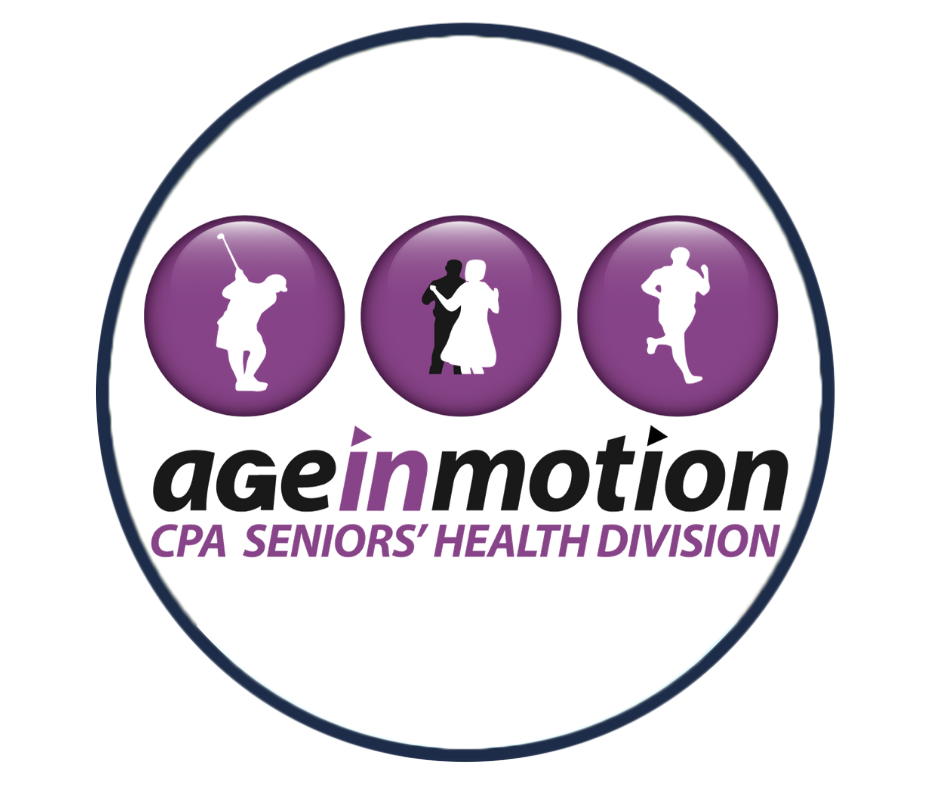Exercise Training Benefits for Older Adult Cognition: From Bed Rest to Dementia

Exercise Training Benefits for Older Adult Cognition: From Bed Rest to Dementia
1 hour
Overview
Physical inactivity is a modifiable lifestyle risk factor for dementia and is prevalent in older adults. Physical activity levels via exercise training have provided solid evidence of the benefits of adopting a physically active lifestyle to a range of health outcomes, including cognitive health.
A substantial body of literature suggests the effectiveness of exercise in maintaining or improving cognitive function in cognitively unimpaired community-dwelling older adults.
Nonetheless, less is known about how exercise training impacts the intraindividual variability of cognitive function in bedridden older adults and summary scores of cognitive functions among those living with some type of dementia. Older adults are at greater risk for dementia and bed rest due to illness, injuries, and hospitalization.
Exercise training is a potential non-pharmacological strategy to mitigate cognitive function decline associated with active physical activity due to bed rest and dementia.
Nevertheless, it is still unclear whether exercise training is beneficial to the cognitive function of those undergoing bed rest or living with dementia. New research is pursuing answers to these questions. Barriers to translating results from studies to clinical practice include the unknowns about "what works best for whom" and how to apply exercise training programs proposed by randomized controlled trials.
Presenter: Guilherme Moraes Balbim, PhD
Guilherme Moraes Balbim got his PhD in Kinesiology and Nutrition from the University of Illinois at Chicago. He is from Brazil, where he received his BS and MSc in Physical Education from the State University of Maringá. During his PhD, his research interests revolved around increasing older Latinos' physical activity levels with dance interventions and examining its impact on the brain and cognitive health.
As a postdoctoral research fellow at the University of British Columbia, in collaboration with the Canadian Space Agency, Dr. Balbim investigates the efficacy of exercise training in mitigating the effects of experimental bed rest on older adults' cognitive function and brain health. The research also explores the underlying mechanisms by which both bed rest and exercise training impact cognitive function and its potential moderators.
Dr. Balbim's research also spans whether exercise training interventions can improve the cognitive function of older adults living with cognitive impairment (e.g., mild cognitive impairment and dementia). He is also interested in investigating how the 24-hour activity cycle (i.e., the distribution of sleep, sedentary, and physical activity behaviours throughout the day) is associated with cognitive function in older adults.
Please note: This webinar was not recorded.
The instructors

The Seniors’ Health Division (SHD) is a special interest group within the Canadian Physiotherapy Association. SHD is committed to providing members with services related to older adult health and physiotherapy practice.
It is comprised of physiotherapists from across Canada who work with older adults in a variety of practice settings, including acute geriatric care, geriatric rehabilitative and restorative units, long term care settings, community based and home care settings.
SHD is a member of The International Association of Physical Therapists working with Older Persons.
Vision of the Seniors' Health Division: Older Canadians are moving, moving more and moving better with the help of physiotherapists.
Mission of the Seniors' Health Division: To support our members in providing excellent physiotherapy care to optimize the independence and quality of life of older adults.
